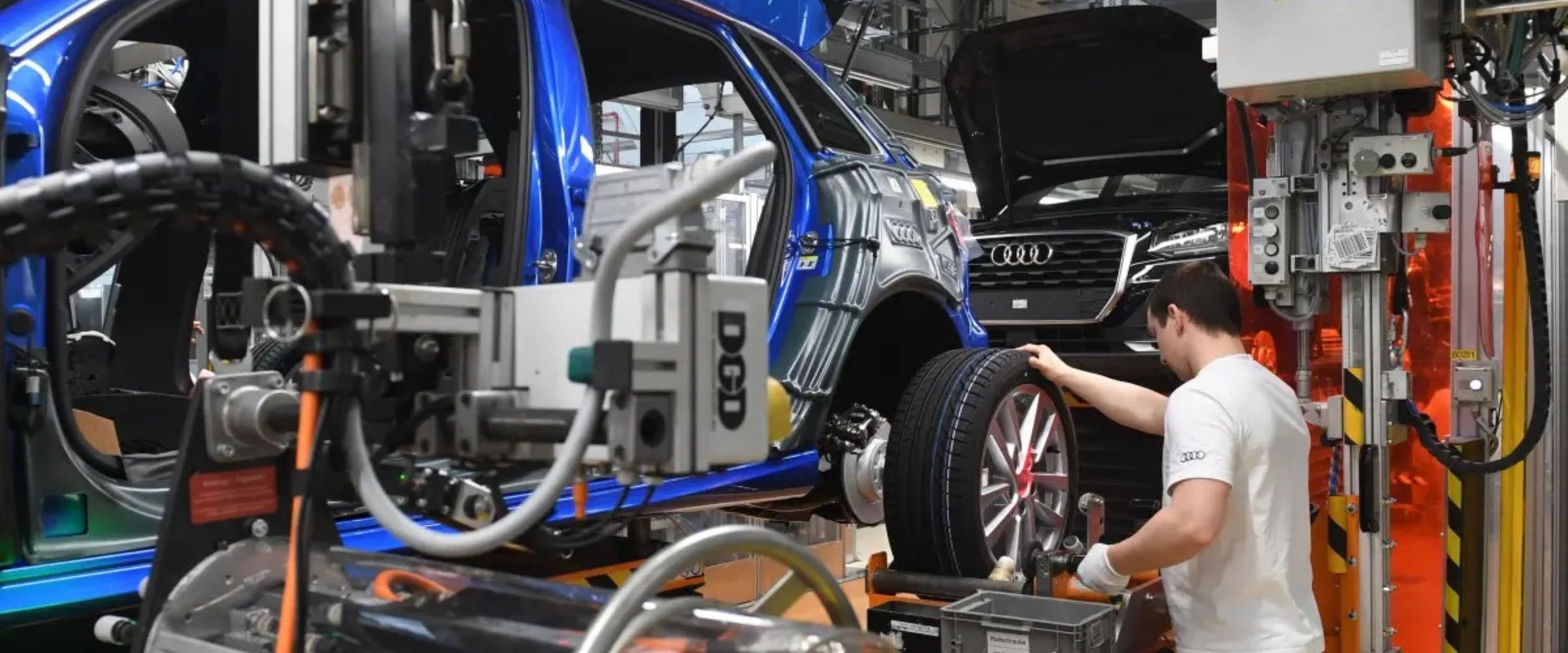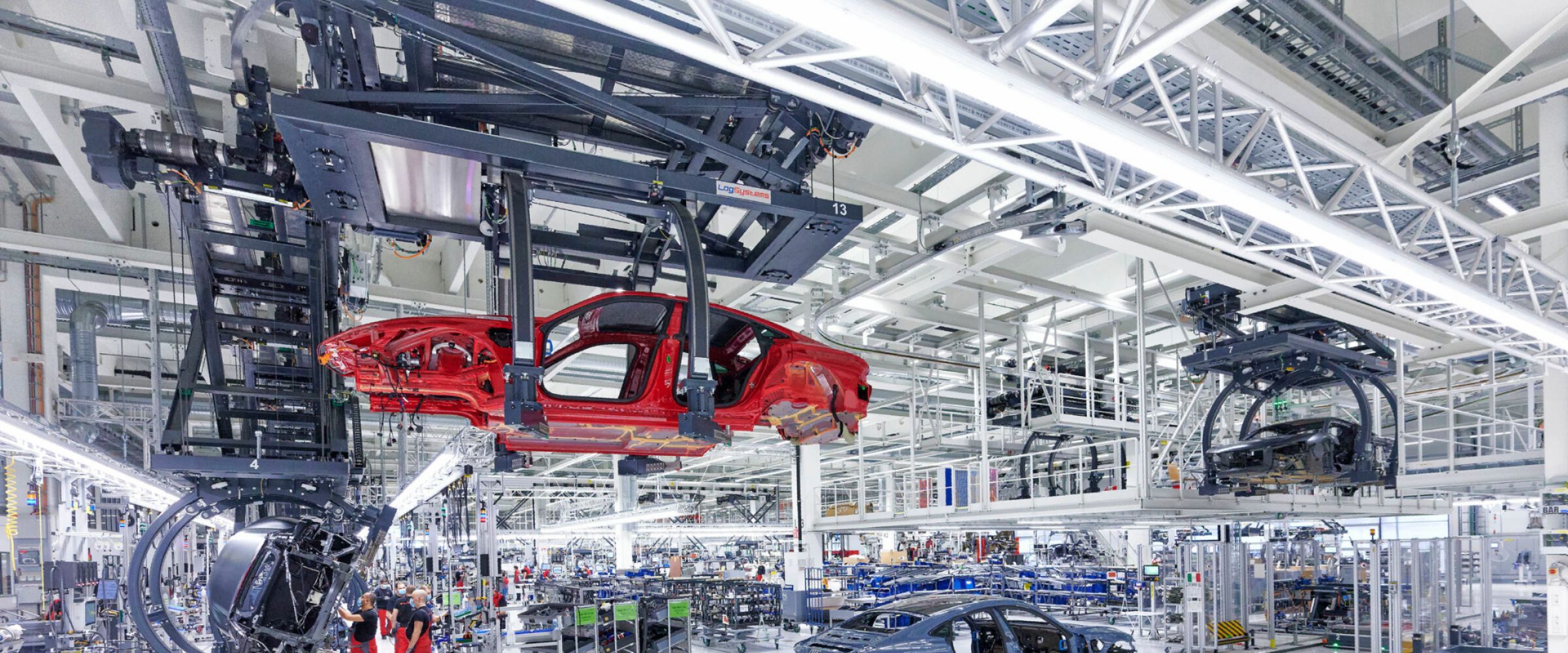Berlin: German automaker Audi has announced plans to reduce its workforce by 7,500 jobs in Germany by 2029. The decision is part of a broader strategy to enhance efficiency, streamline operations, and address economic challenges affecting the auto industry.
Also Read : Baidu Introduces Powerful Free AI Model to Compete with DeepSeek in the AI Race
Why is Audi Cutting Jobs?
Audi’s restructuring comes as the global automotive sector faces major shifts, including:
- Declining EV Demand: The transition to electric vehicles (EVs) has been slower than anticipated, impacting sales and production goals.
- Competition from China: Chinese car manufacturers are producing affordable and technologically advanced EVs, putting pressure on European brands.
- Economic Uncertainty: Rising production costs, global supply chain issues, and political instability are creating financial hurdles.
- Potential US Tariffs: New trade policies could increase costs for European car exports, adding further challenges.

How Will the Job Cuts Be Implemented?
Audi plans to avoid forced layoffs and instead offer voluntary exit packages and allow contracts to expire naturally. The company has also extended job security guarantees until 2033, ensuring that no compulsory redundancies will take place before then.
Also Read : VW Partners with Rivian to Fast-Track Launch of First Software-Defined Vehicle

Germany’s Auto Sector Under Pressure
Germany has long been a leader in the global auto industry, but economic challenges and shifting market demands have forced major changes. Audi’s decision reflects broader struggles faced by automakers, who must adapt to new technologies, invest in EV development, and remain competitive against global rivals.
As the industry evolves, companies will need to prioritize innovation and workforce adjustments to stay ahead in a rapidly changing market.
VW’s Expansion Plans in China – What It Means for Pakistan’s Auto Industry?
Pakistan Auto Industry Growth – Can It Keep Up with VW’s Expansion?









